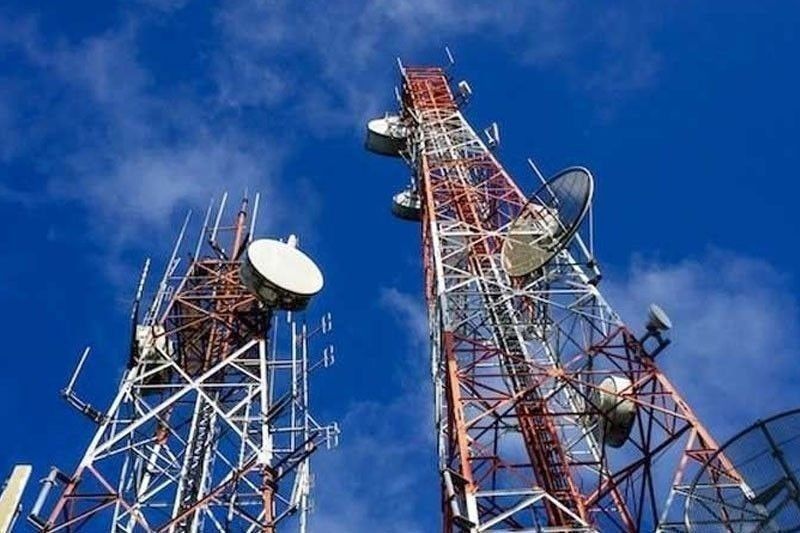Web threats on Philippine firms triple; Smart warns vs fake cell towers

MANILA, Philippines — The Philippines sustained the third highest volume of online threats against businesses across six economies in Southeast Asia in 2023, prodding enterprises to improve their digital defenses.
Based on cybersecurity leader Kaspersky’s monitoring, there were 13.34 million web threats recorded in Southeast Asia last year or roughly the same level in 2022.
However, the Philippines suffered the largest rise in web-based threats among all of the countries included by Kaspersky in the index.
Online threats against businesses in the Philippines surged by more than three times to 1.69 million in 2023 from 492,567 in 2022, according to Kaspersky.
The country ranked behind Indonesia’s 4.97 million and Vietnam’s 1.96 million in the volume of web threats.
Singapore placed fourth with 1.69 million, while Malaysia came in fifth with 1.54 million. Thailand rounded up the list with 1.53 million.
Regionally, Kaspersky observed that Southeast Asia received an average of 36,552 attacks every day last year, highlighting the worsening situation of businesses on the cybersecurity front.
Kaspersky described web-based threats as cybersecurity risks that arise from end-user exposures and program vulnerabilities,and more often than not lead to reputational damage.
Regardless of cause or intent, Kaspersky said online threats can harm anyone and force victims, individuals and organizations alike, to shell out money to prevent further ruin.
For 2024, Kaspersky general manager for Southeast Asia Yeo Siang Tiong said businesses in the region have to invest more for their online walls.
This developed as wireless leader Smart Communications Inc. cautioned the public against a new form of fraudulent activity wherein fake cellular towers are used to disseminate scam messages. The modus goes as far as copying the operator’s name to deceive targets.
Smart first vice president and group head of corporate communications Cathy Yang said the fake cell towers can lock on to phones within a specific radius, allowing criminals to push text scams without having to pass through network checks.
”The illegal cell site simulators can also spoof or mimic mobile numbers to deceive subscribers into thinking that they are receiving legitimate text messages,” Yang said.
- Latest
- Trending
























